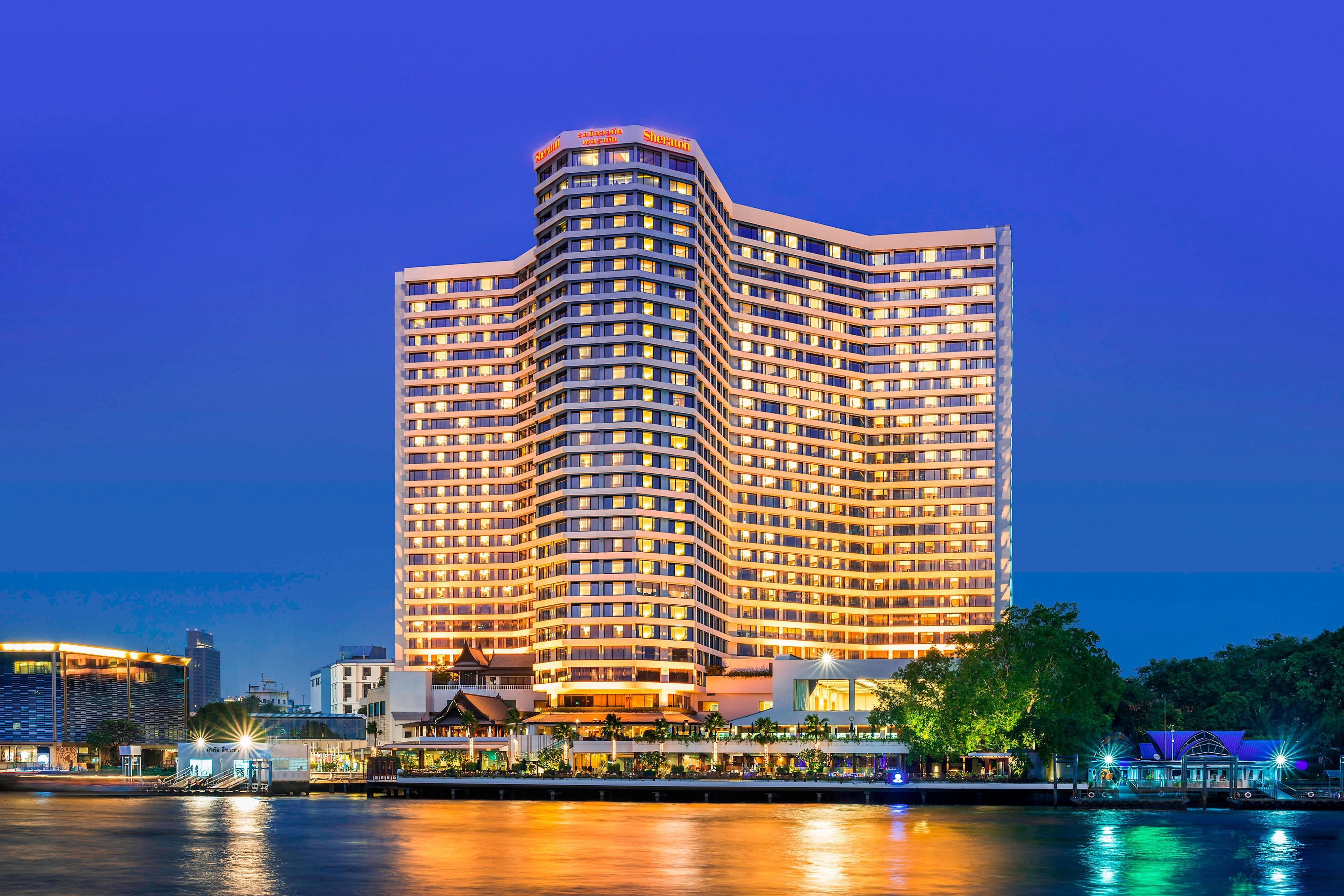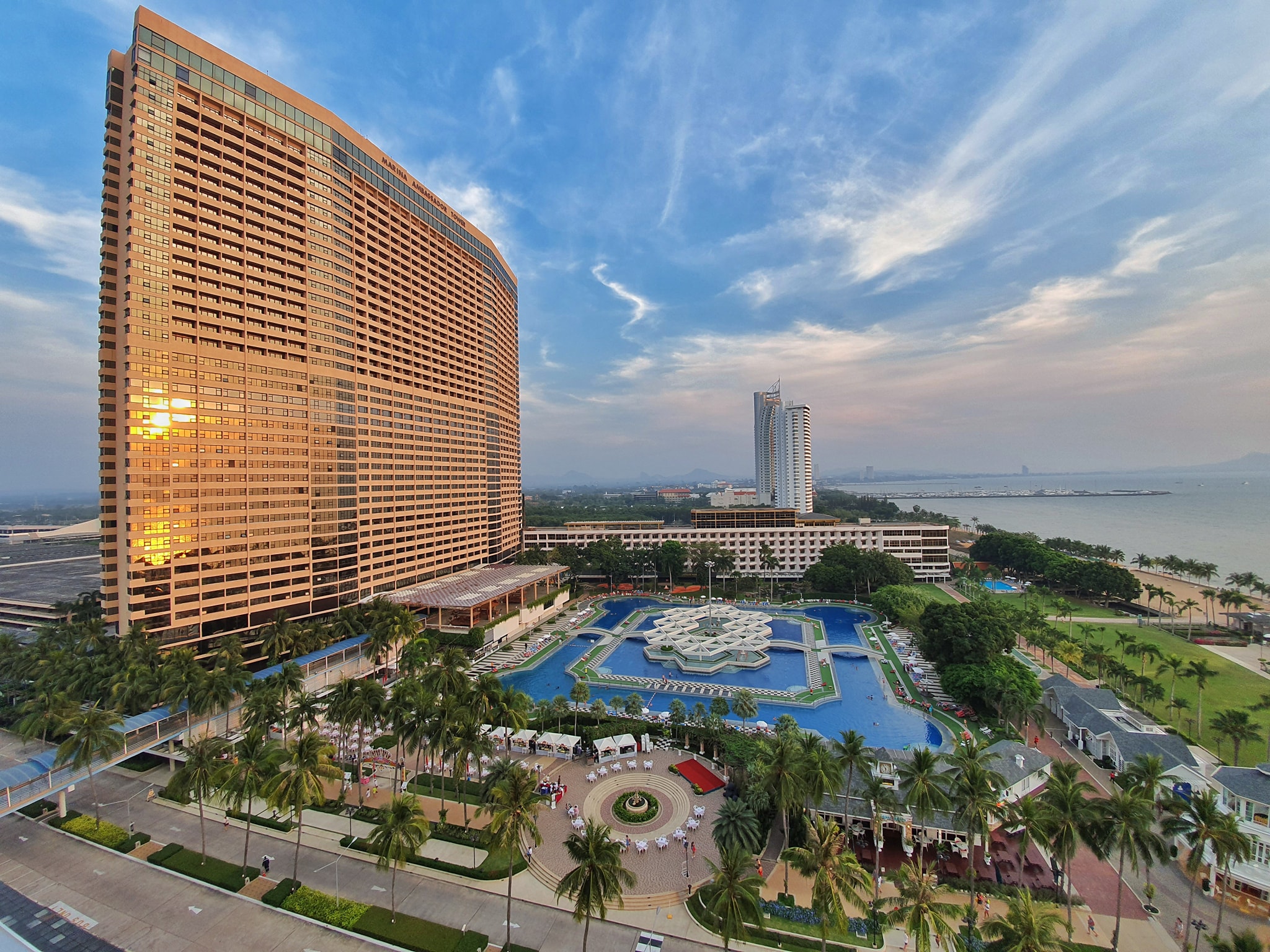Is the hospitality industry truly undergoing a renaissance, or is it merely adapting to survive? The evolution of the modern hotel, fueled by shifting traveler expectations, technological advancements, and unprecedented global events, has irrevocably transformed the very definition of a "hotel."
Consider the traditional image: a grand lobby, hushed hallways, and a concierge meticulously catering to every whim. While these vestiges of a bygone era still exist, they are increasingly juxtaposed with a more dynamic, experience-driven model. Today's traveler, armed with a smartphone and a wealth of information, demands more than just a place to sleep. They seek authenticity, convenience, and a seamless integration of work, leisure, and exploration. This metamorphosis is not just cosmetic; its a fundamental shift in the core of the industry, demanding a constant reevaluation of service, design, and technological infrastructure. The question then becomes: How are hotels, large and small, adapting to meet the needs of this ever-evolving guest?
The answer lies in a multifaceted approach. Innovation is no longer a luxury, but a necessity. Properties are embracing technology in every facet, from contactless check-in and digital key systems to personalized guest experiences powered by artificial intelligence. The integration of smart home features, allowing guests to control lighting, temperature, and entertainment with a single touch, is quickly becoming a standard. This push for technological advancement, however, must be balanced with a keen understanding of the human element. Exceptional service, delivered with genuine warmth and attentiveness, remains a cornerstone of any successful hotel operation. The best hotels are those that can seamlessly blend cutting-edge technology with impeccable hospitality.
Furthermore, the concept of the "hotel" is expanding beyond its traditional boundaries. The rise of co-working spaces, hybrid meeting rooms, and dedicated areas for wellness activities reflects the increasingly blurred lines between work and leisure. Hotels are no longer just providers of accommodation; they are becoming hubs for social interaction, community building, and personal enrichment. This shift is particularly evident in urban centers, where hotels are actively curating experiences that reflect the unique character of their location. They are partnering with local businesses, artists, and artisans to offer authentic cultural immersion and create a sense of place.
Sustainability is also a key consideration. Environmentally conscious travelers are demanding that hotels adopt sustainable practices, from reducing waste and conserving water to sourcing local and organic products. The green movement is no longer a niche concern; its a fundamental expectation. Hotels are responding by implementing energy-efficient technologies, supporting local communities, and offering eco-friendly amenities. This commitment to sustainability not only appeals to environmentally conscious guests but also enhances the hotel's brand image and contributes to long-term cost savings.
The competitive landscape of the hotel industry is also intensifying. The rise of online travel agencies (OTAs), short-term rental platforms, and boutique hotels has forced established brands to innovate and differentiate themselves. Hotels are investing in brand building, focusing on unique selling propositions, and creating memorable guest experiences. They are also leveraging data analytics to personalize marketing efforts and optimize pricing strategies. This competitive pressure is driving a constant cycle of innovation, pushing hotels to become more responsive to guest needs and more efficient in their operations.
Consider the rise of "lifestyle hotels," which prioritize design, experience, and social interaction over traditional luxury. These hotels often feature bold design aesthetics, communal spaces, and curated events, appealing to a younger, more experience-driven demographic. They are less concerned with formal service and more focused on creating a vibrant and engaging atmosphere. This trend highlights the evolving definition of luxury, where authenticity, personalization, and a sense of community are often valued over traditional opulence.
The COVID-19 pandemic had a profound impact on the hotel industry, accelerating many of the existing trends and forcing hotels to adapt in unprecedented ways. Health and safety protocols became paramount, with hotels implementing enhanced cleaning procedures, contactless check-in, and social distancing measures. The pandemic also led to a surge in demand for longer stays, as people sought to escape lockdowns and work remotely. Hotels responded by offering extended-stay packages, creating dedicated workspaces, and providing a range of amenities to cater to the needs of remote workers.
Looking ahead, the hotel industry is poised for continued evolution. Technology will play an even greater role, with the rise of artificial intelligence, virtual reality, and the metaverse offering new opportunities to enhance guest experiences. The demand for personalization will continue to grow, with hotels using data analytics to anticipate guest needs and tailor their services accordingly. Sustainability will remain a key priority, with hotels embracing innovative technologies and practices to reduce their environmental impact. The hotels that thrive in the future will be those that can embrace change, anticipate guest needs, and create memorable experiences that resonate with the evolving demands of the modern traveler.
The "hotel" is no longer just a place to stay; it's an experience. The hospitality industry is on the cusp of a new era, shaped by technological advancements, shifting traveler expectations, and a growing awareness of sustainability. Those hotels that can adapt to this dynamic landscape will be the ones that succeed in the years to come. The key is to embrace innovation, prioritize guest satisfaction, and create a unique and memorable experience that resonates with the modern traveler.
The future of the industry is not solely defined by the architectural marvels or the opulent amenities; its inextricably linked to the people that run these establishments. The dedicated staff, from the housekeeping teams to the management personnel, are the soul of any successful hotel. Their commitment to service, their attention to detail, and their ability to create a welcoming atmosphere are what truly set a hotel apart.
Consider the impact of smaller, independent hotels. These boutique establishments often provide a more intimate and personalized experience, allowing guests to connect with the local culture and receive a level of service that is often absent in larger chains. They may lack the resources of their corporate counterparts, but they compensate with creativity, flexibility, and a genuine passion for hospitality. These establishments frequently become essential parts of their community, attracting both local residents and travelers seeking an authentic experience.
The hotel industry's evolution is closely intertwined with other sectors such as tourism, transportation, and entertainment. The hotels' success can be contingent upon the growth of tourism in that specific area. Improved transportation networks, such as efficient air travel, rail systems, and well-maintained roads, allow for increased accessibility, which, in turn, boosts the arrival of guests. Furthermore, the entertainment choices available, from music festivals to sporting events to renowned museums, play a huge role in attracting people to visit hotels and explore the area.
The financial health of hotels is inextricably linked to macroeconomic conditions and global events. During periods of economic expansion, when consumer confidence is high, occupancy rates and average daily rates (ADR) typically surge, and hotels see strong profitability. Conversely, during economic downturns or periods of uncertainty, hotels frequently face declining demand and revenue, leading to pressure on profitability. Events like recessions, pandemics, and geopolitical tensions, among others, can trigger financial instability.
Moreover, hotels must grapple with constantly changing operational challenges, including labor shortages, rising operational costs, and increased competition from alternate accommodation providers. Attracting and retaining skilled staff has emerged as a critical concern, as hotels try to offer competitive pay and benefits to counter the industrys employee shortage. Furthermore, the costs of items like energy, supplies, and insurance constantly fluctuate, requiring careful cost management.
The rise of digital transformation has fundamentally altered how hotels function, changing everything from guest interactions to back-end operations. Hotels increasingly use digital channels for marketing and booking to increase their visibility and streamline reservation processes. Social media platforms play a vital role in brand-building, enabling hotels to engage with potential guests. Furthermore, hotels leverage data analytics to obtain insights into guest behavior and personalize services, helping them to provide more tailored and efficient experiences.
In the future, hotels will continue to adapt to the evolving landscape, driven by changes in technology, guest behavior, and global events. They will be compelled to further incorporate artificial intelligence, which will streamline operations, enhance guest service, and deliver individualized experiences. Moreover, sustainability will play a critical role, with hotels emphasizing eco-friendly practices. The establishments that can adapt, embrace innovation, and consistently prioritize customer satisfaction will be the leaders in the sector. The essence of a hotel is more than just brick and mortar; it is the combined experience of hospitality, technology, and a strong connection with both the guests and the local community.
The "hotel" continues to evolve, adapting to the times, and proving its endurance in the face of a constantly changing world.
- Discover Somali Wasmo Channels Telegram More Explore Now
- Somali Wasmo Telegram Channels Your Guide To 20242025


